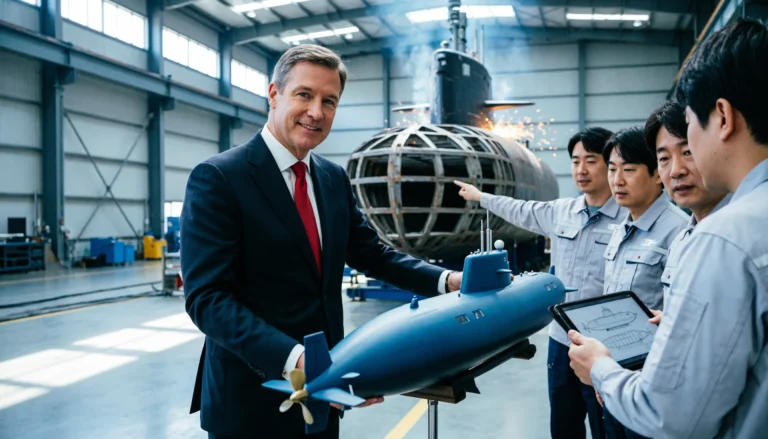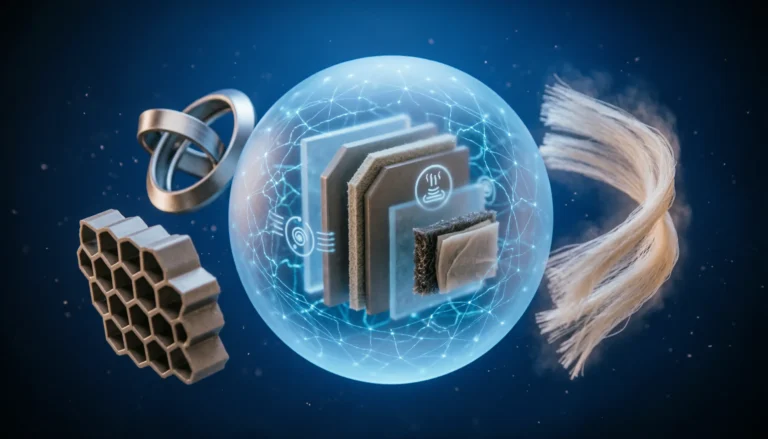
Kawasaki Heavy Industries and Daimler Truck AG have signed a Memorandum of Understanding (MoU) to study and optimize the supply of liquid hydrogen. This MoU was pre-signed in Tokyo by Kawasaki’s President and CEO Yasuhiko Hashimoto and Daimler Truck’s Head of Regulatory Strategy Dr. Manfred Schuckert, witnessed by European Energy Commissioner Kadri Simson and Japan’s Minister of Economy, Trade and Industry Ken Saito. The final signing took place during the Hydrogen Council annual meeting in Berlin, attended by key officials including Stefan Wenzel, Maroš Šefčovič, Kazuchika Iwata, and Hidenao Yanagi.
This collaboration marks a significant step towards expanding the use of liquid hydrogen, particularly in road freight transport. The initiative includes studying the entire liquid hydrogen supply chain, from terminals and shipping to large-scale storage.
Yoshinori Kanehana, Chairman of Kawasaki Heavy Industries, emphasized the importance of developing core technologies for international hydrogen supply chains, particularly for the European market. Martin Daum, Chairman and CEO of Daimler Truck, highlighted the role of hydrogen in sustainable transportation and the necessity of establishing a cost-effective green hydrogen supply.
Kawasaki is committed to addressing societal challenges through its Group Vision 2030, focusing on a safe, secure society, near-future mobility, and energy and environmental solutions. The company is working with various stakeholders to develop a hydrogen supply chain from production to usage, in line with Japan’s Basic Energy Plan.
Daimler Truck is dedicated to the Paris Climate Agreement and aims to achieve CO2-neutral operations for its trucks and buses by 2039. The company is pursuing both hydrogen-powered and battery-electric vehicles and has recently signed an MoU with Masdar to explore liquid green hydrogen options from Abu Dhabi to Europe by 2030. Demonstrating the feasibility of liquid hydrogen in road transport, the Mercedes-Benz GenH2 Truck recently completed a 1,047-kilometer trip across Germany on a single fill. A customer-trial fleet of these trucks is expected to launch in mid-2024.




